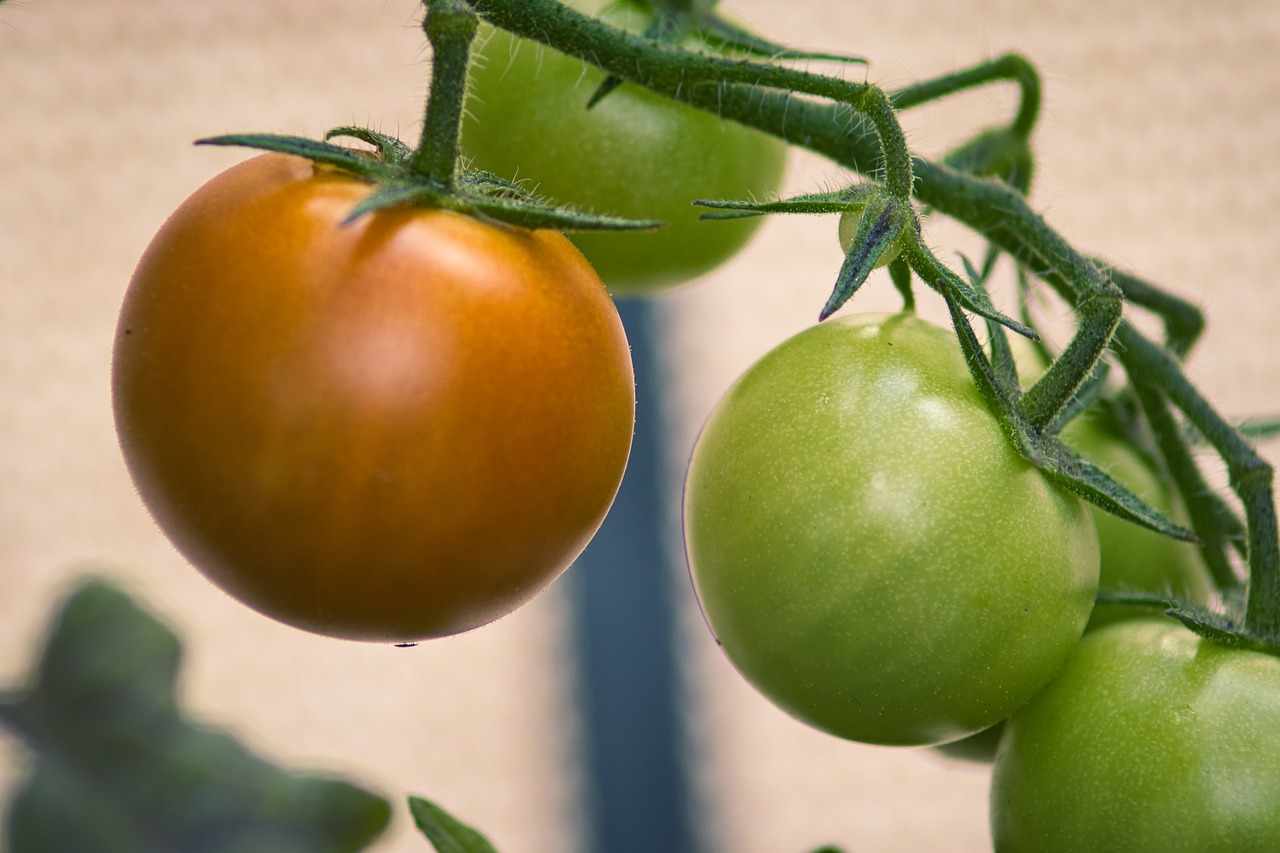The Rise of Plant-Based Ingredients in Pet Food Manufacturing: Diamond exchange 9, Sky99exch, Reddybook
diamond exchange 9, sky99exch, reddybook: As pet owners become more conscious about the ingredients in their furry friend’s food, there has been a noticeable shift towards plant-based ingredients in pet food manufacturing. This trend is not only driven by the desire to provide animals with a healthier diet but also by the growing awareness of the environmental impact of traditional meat-based pet foods.
Pet food manufacturers are increasingly incorporating plant-based ingredients such as fruits, vegetables, grains, and legumes into their products. These ingredients not only provide essential nutrients for pets but also offer a more sustainable and eco-friendly alternative to traditional meat-based diets.
One of the key reasons for the rise of plant-based ingredients in pet food manufacturing is the growing concern over the environmental impact of meat production. Livestock farming is a significant contributor to greenhouse gas emissions, deforestation, and water pollution. By shifting towards plant-based ingredients, pet food manufacturers can help reduce the carbon footprint of pet food production and contribute to a more sustainable food system.
Furthermore, plant-based ingredients are often rich in essential nutrients such as vitamins, minerals, and antioxidants that are beneficial for pets’ health. Fruits and vegetables, for example, are excellent sources of fiber, vitamins A and C, and antioxidants that help support immune function and overall health. Grains and legumes can provide protein, carbohydrates, and essential amino acids that are necessary for pets’ growth and development.
Incorporating plant-based ingredients into pet food can also help address common health issues in pets, such as obesity, allergies, and digestive problems. Plant-based diets are often lower in calories and fat than traditional meat-based diets, making them a suitable option for pets that need to lose weight or manage their calorie intake. Additionally, plant-based ingredients are less likely to trigger food allergies in pets, making them a viable alternative for pets with food sensitivities.
Pet owners are also increasingly seeking transparency and accountability from pet food manufacturers regarding the sourcing and production of ingredients. Plant-based ingredients are often more traceable and ethically sourced than meat ingredients, providing pet owners with peace of mind about the quality and safety of their pets’ food.
Despite the numerous benefits of plant-based ingredients in pet food manufacturing, there are some challenges that manufacturers must address. One of the main concerns is ensuring that plant-based diets meet the nutritional needs of pets, especially for essential nutrients such as protein, amino acids, and vitamins. Pet food manufacturers must carefully formulate their products to provide a balanced and complete diet for pets.
Another challenge is the palatability of plant-based diets for pets, as some animals may be accustomed to the taste and texture of meat-based foods. Manufacturers are continually innovating to develop plant-based pet foods that are not only nutritious but also appealing to pets’ taste buds. By using high-quality ingredients and focusing on flavor and texture, pet food manufacturers can create plant-based options that pets will love.
In conclusion, the rise of plant-based ingredients in pet food manufacturing reflects a growing awareness of the environmental, ethical, and health benefits of incorporating more plant-based foods into pets’ diets. With a focus on sustainability, nutrition, and transparency, pet food manufacturers are leading the way in offering innovative and nutritious plant-based options for pets. By choosing plant-based ingredients for your pet’s food, you can provide them with a healthy and sustainable diet that supports their well-being and longevity.
—
FAQs
1. Are plant-based diets suitable for all pets?
Plant-based diets can be suitable for many pets, but it’s essential to consult with a veterinarian or pet nutritionist before making any significant changes to your pet’s diet. Some animals may have specific dietary requirements that need to be considered when transitioning to a plant-based diet.
2. How can I ensure that my pet is getting all the necessary nutrients on a plant-based diet?
Pet food manufacturers carefully formulate their products to provide a balanced and complete diet for pets. Look for plant-based pet foods that are labeled as complete and balanced to ensure that your pet is getting all the essential nutrients they need.
3. Will my pet enjoy plant-based food?
Pet food manufacturers are continually innovating to create plant-based options that are not only nutritious but also appealing to pets’ taste buds. By choosing high-quality ingredients and focusing on flavor and texture, your pet is more likely to enjoy plant-based foods.







